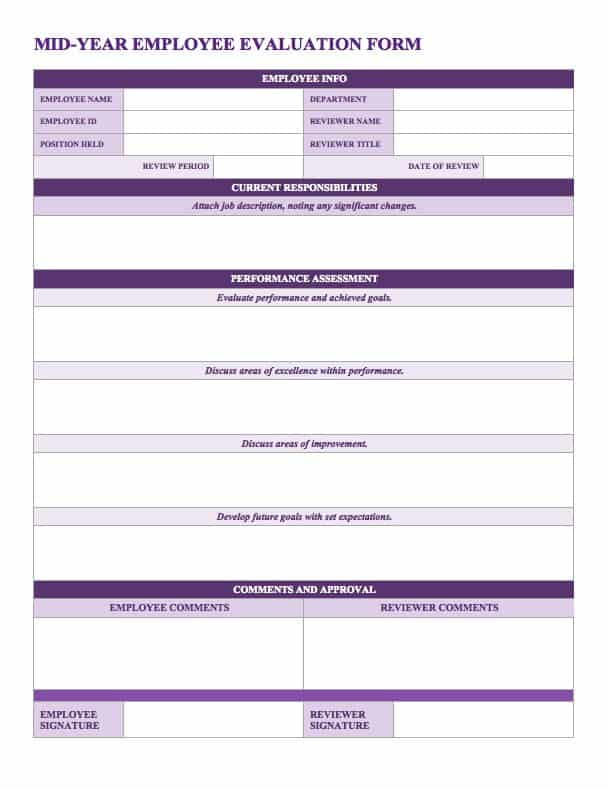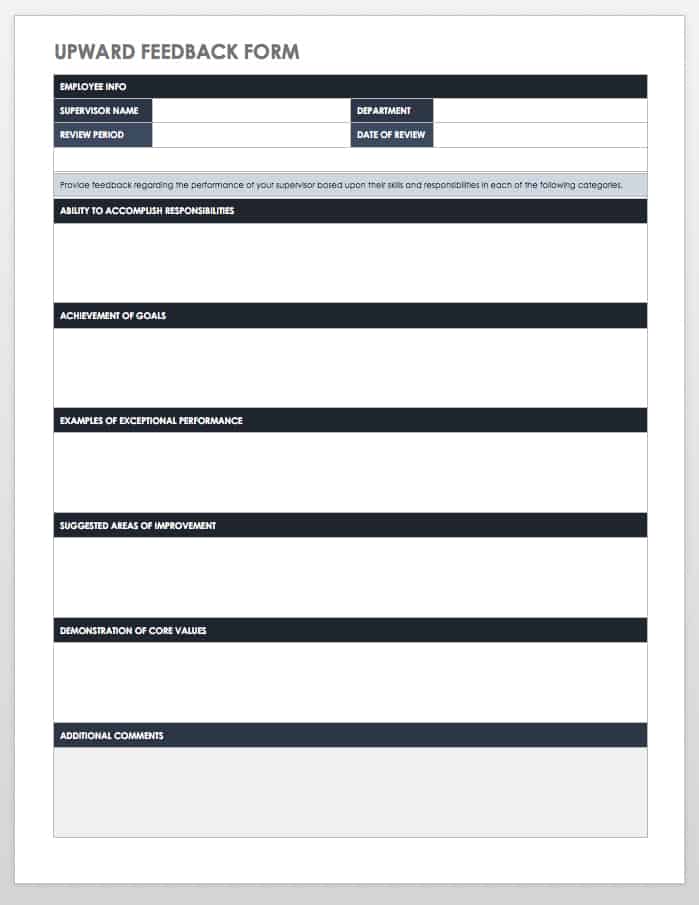Selfevaluation And Tracking Improvementthoughtfull English
To assist with the annual performance appraisal process, employees are asked to write and submit a Self-Evaluation
- Self Evaluation And Tracking Improvementthoughtfull English Dub
- Self Evaluation And Tracking Improvementthoughtfull English Proficiency
- Self Evaluation And Tracking Improvementthoughtfull English Language
Ah, the widely dreaded self-evaluation portion of performance reviews. For many of us, reflecting on our own achievements can be a tricky exercise, particularly if you’re uncomfortable tooting your own horn. However, writing a thoughtful self-evaluation is one of the key pieces to acing your performance review—and positioning yourself for a big raise or promotion. Keep the following tips.
A self-evaluation is important because it can:
- Self-Evaluation and Keeping Track Self appraisal offers an opportunity to reflect on things you did: highlight things you did well, consider lessons learned, things neglected or needing improvement. Then make a plan for moving forward. Make an attempt to keep track of your grades.
- You have to track the progress. You have to have review meetings with yourself, yes alone. If you have someone who can keep tabs on your progress, that would be the ideal case scenario.
- When finished, pass out the “Why am I studying English” survey and have your students walk around the classroom questioning each other on why they’re learning English. The self assessment passport. The European Language Portfolio (ELP) is an active tool used to promote language learning in multicultural societies, such as countries in.
- Help supervisors understand how employees view their strengths and weaknesses.
- Remind or inform supervisors of employee accomplishments, growth and challenges during the year.
- Describe goals that were met during the year and provide the opportunity for employees and supervisors to discuss an employee’s professional development and future career goals.
- Identify where there may be discrepancies between the employee’s and supervisor’s point of view regarding overall performance.
Writing your Self-Evaluation:
As you draft your self-evaluation, think about your performance objectives and scope ofwork(functions, duties, etc.) defined in your position description. In addition, you might refer to your Individual Development Plan (IDP) as it serves as your personal career action plan for skill building, professional development and career management.
Focus on how you performedthose duties and the impact of your efforts on the unit, organization and/or campus.
Review feedback you received, problems you solved, projects you completed, and initiatives you led or contributed to and write about it by briefly describing the event, your role, and the impact, if any. Your manager’s assessment of your performance should complement your self-assessment, so including examples is important.
Next, consider what you have learned over the past year. Be thoughtful and provide relevant information. Describe ways you enhanced existing or developed new skills and how they helped support your performance objectives and personal development.
Be clear, concise, and honest when writing your self-assessment. Don’t exaggerate your accomplishments or omit obstacles. Discuss challenges you faced that may have impacted your ability to perform well. Discuss how you overcame the hurdles or your plan to address the challenges during the next review period.
ePerformance limits the number of characters in a self-evaluation, so it’s critical to be succinct.
Don’t wait until the last minute to start your self-assessment. Capturing your accomplishments and efforts, even those that challenge you, throughout the review period will allow you to draft and submit a comprehensive self-assessment that is well supported with real examples.

In summary, write convincingly. Briefly describe the situation and task, the action you took to accomplish it, and the results you achieved. Remember, we all play a part in making UC Davis a premier institution. Your self-assessment is about you and your contribution to this effort.

Remember, you don’t have to wait for your annual appraisal to track your accomplishments. There are various ways to capture accomplishments throughout the review period. You can start a performance journal using Outlook, OneNote, a notebook, the employee appraisal system, etc., to capture or highlight any of the following:
Self Evaluation And Tracking Improvementthoughtfull English Dub
- Accomplishments
- Letters of thanks
- Completed goals
- Completed staff development classes
- Training (received/given)
- Written customer-service feedback
- Internal/external committee work
- Other annual performance highlights
Ollie is a hard-working employee who has done excellent work this quarter. He constantly crushes goals and is an ideal team player. When his quarterly performance review with his manager comes around, he’s confident that his work will speak for itself.
His manager’s review is not the only performance evaluator, though. Ollie also has to complete a self-performance evaluation. Being a good self-evaluator is as critical as being an excellent performer. Ollie needs to be able to put his achievements and growth into words that will be received positively by his manager.

To do this, Ollie needs to use clear examples and effective phrases in his self-evaluation. Here are some examples of key topics and statements that employees like Ollie can touch on in their performance reviews.

Attitude
- I always try to keep a positive attitude to show how much I enjoy my job. Every day I come to work with a smile on my face.
- I am constantly congratulating others on their successes. When others need encouragement, I try and motivate them to keep improving.
- I try to keep an even demeanor through both good times and bad. My constant energy helps others keep their “enthusiasm”—both positive and negative.

Communication
Self Evaluation And Tracking Improvementthoughtfull English Proficiency
- One of my strengths is that I keep my managers and coworkers informed of my work progress.
- When working with customers, I clearly communicate with them in order to provide the best customer service possible.
- I clearly document my work on assignments and projects so others can easily use my information and findings.
Self Evaluation And Tracking Improvementthoughtfull English Language
Creativity and Innovation
- Whenever a co-worker needs a fresh look at a problem, they come to me for a fresh perspective.
- I don’t rely on common methods to solve a problem but address each situation with creative solutions. I look at each problem with a fresh perspective.
- I use my creativity in any role I am in within the team. I take the day-to-day tasks and challenge the status quo to see where improvements can be made.
